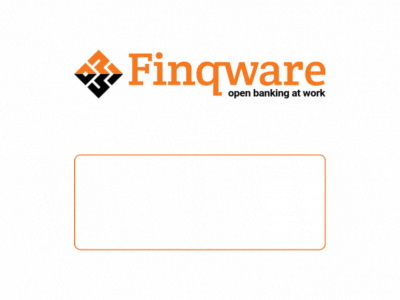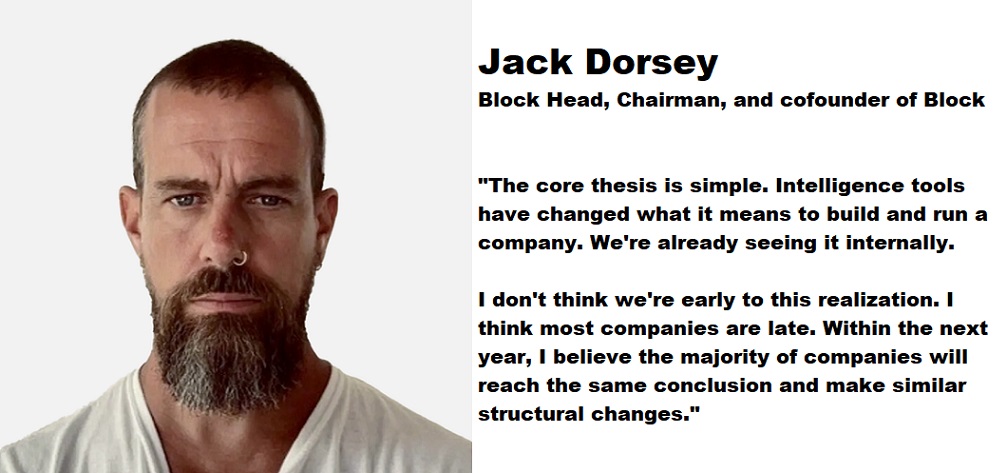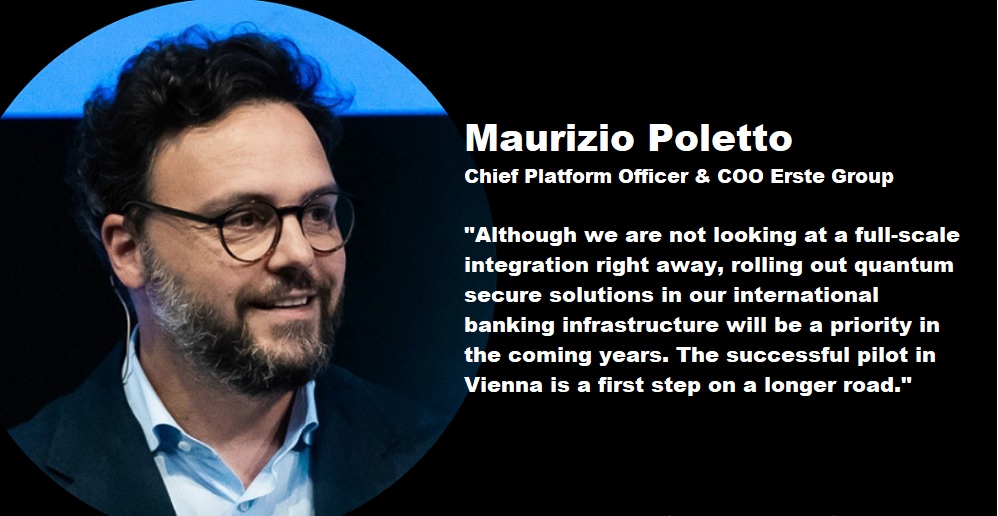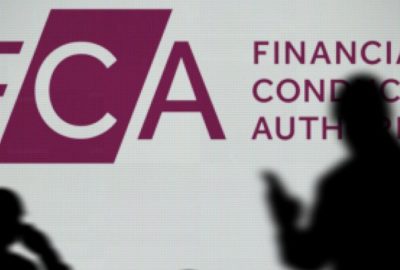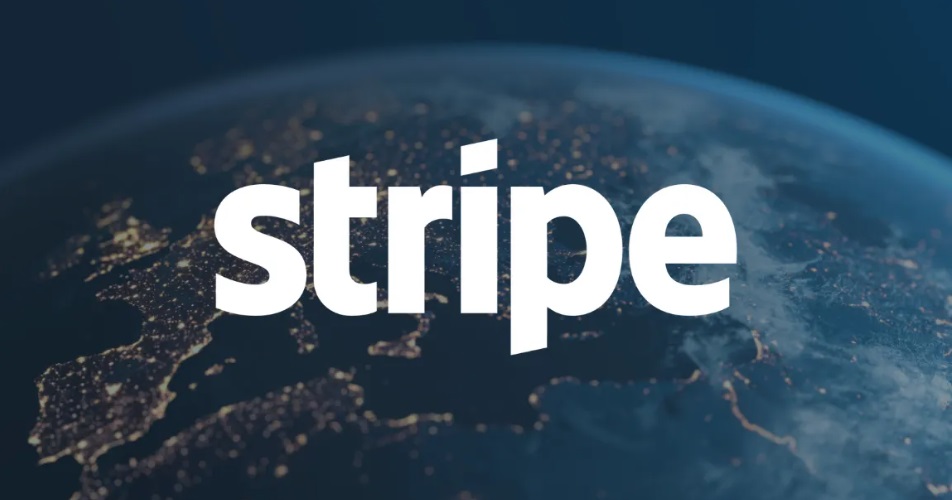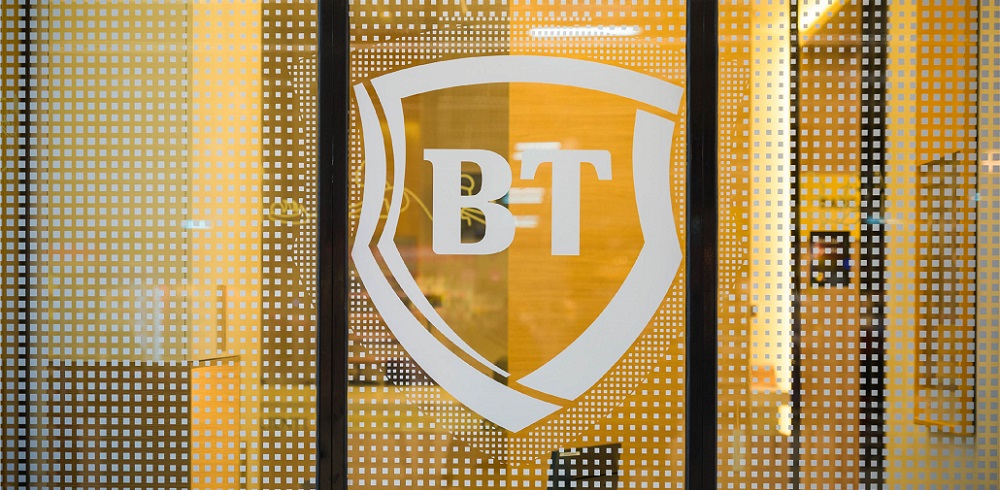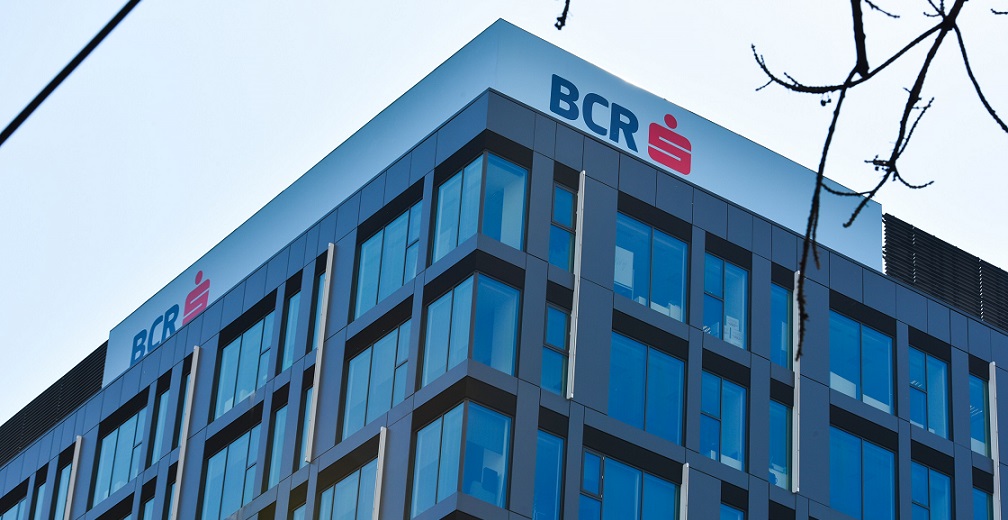How Do You Measure Open Banking? And how do you know whether is it succeeding or failing?
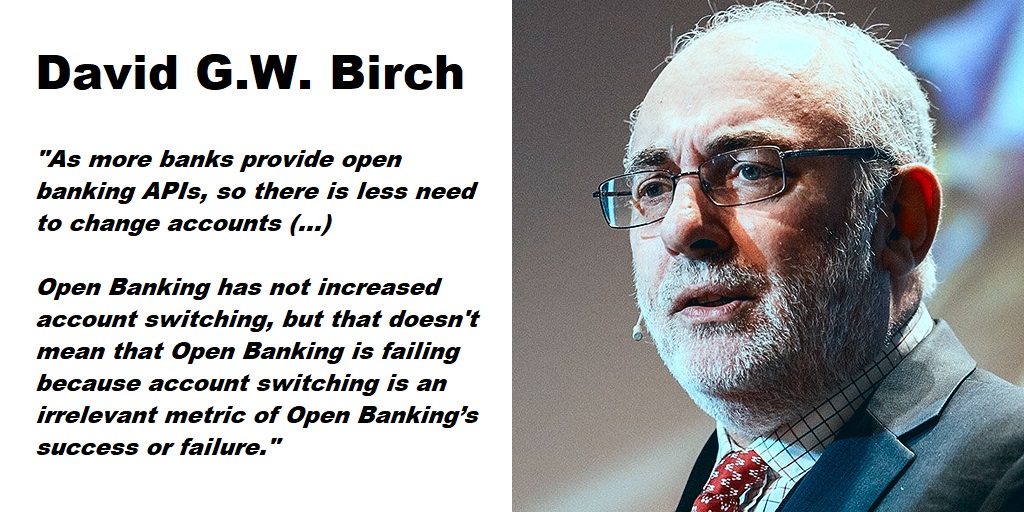
a Forbes article written by David G.W. Birch – author, advisor and global commentator on digital financial services.
There is an interesting debate about Open Banking going on in the UK right now. It was triggered by Anne Boden, the CEO of Starling Bank, who told a Parliamentary committee that Open Banking had failed to encourage people to switch accounts. A group of fintech CEOs then wrote to the committee to say that her remarks were „uncompetitive and typical of banks trying to thwart the future of innovation in financial services”.
(I’m using Open Banking, capitalised, to mean open banking that is enforced through regulations as opposed to lower case open banking which is a generic term.)
So what’s the deal? Well, first let us be clear: Anne is right. The data shows that she is right. We can easily establish this. The UK has an automated bank account switching system in place. It is called the Current Account Switching Service, or CASS, and it predates open banking by several years. The latest figures available for the year to June 2021 show that only 647,000 people switched accounts (about half the number switching in 2014).
Open Banking has therefore not increased account switching. But I’m not sure that this means anything about the future of Open Banking or fintech innovation because account switching is, and always was, a poor metric for the Open Banking ecosystem.
The whole point of open banking is that consumers can get access to the services that they need without having to switch current accounts. Banks can deliver the plumbing for anyone to create an ecosystem by providing „banking as a service”. The regulatory framework around financial services is so onerous that many super apps simply don’t want to navigate it anyway, especially across multiple jurisdictions.
Thus the increased competition for services that “orbit” the current account (as Mike Kelly, an open banking expert, nicely phrases it) is not visible in switching statistics.
Change Isn’t Always Good
As more banks provide open banking APIs, so there is less need to change accounts. As of November 2021 the Open Banking ecosystem in the UK comprised more than 330 regulated firms made up of over 230 third party providers of services and more than 90 payment account service providers who together account for over 95% of current account market.
Open banking means that customers can get access to the portfolio of services that they need without having to mess around switching accounts, especially since all of the accounts are basically the same. There are plenty of UK businesses that are delivering on this promise. Look at Account Technologies (disclaimer: my son used to work there!) who are building an excellent range of products that sit on what John Heaton-Armstrong, their CISO, calls the “sustainable technical ecosystem” of Open Banking. Profitable and with more than a million users, they are exactly the kind of business that the new environment enables, and no-one needs to switch their account to use their services.
Another good example of a business in this ecosystem, but in the SME market, is Coconut. Coconut launched as a current account for freelancers and self-employed people to help them to keep track of their expenses and, more particularly, taxes. It used open banking to get a complete picture of the customers finances and aimed to optimise the use of financial services and minimise tax liabilities. A great idea and a great team – they were one of the winners of the Open Up Challenge in 2018 (disclaimer: I was one of the competition judges) – and just the sort of business that an Open Banking ecosystem can enable.
Coconut have now pivoted to provide the app without the current account: since they can connect to more than 25 current account and credit card providers to automatically pull in transactions, what’s the point of providing those accounts themselves, especially given the regulatory burden that goes along with being (in eurospeak) an Account Servicing Payment Services Provider, or ASPSP? Sam O’Connor, the CEO & Co-founder of Coconut, identifies there is no need to combine the current account and the financial tool, and this ability to allow customers to bundle services is at the heart of the matter.
Bundling
I am a small business and now that Quickbooks can use open banking to access my accounts, life has improved even though my current accounts are unchanged. I use the Wise multi-currency account, I use Revolut, I use Coinbase etc etc. The old bundling of financial services is irrelevant: the days when I would open a savings account (or whatever) from my main bank just because I already had a current account at that bank are long gone.
We are now in the era of embedded finance, where open banking means that customers get access to the financial services that they need in the context of whatever it is they are doing. This means a seismic shift in the finance sector with ramifications across all sectors. Lightyear Capital estimates embedded finance can unlock $230 billion in net new revenue by 2025. As they phrase it, the shift will benefit companies with a „digital mindset” who can claim the opportunities across other areas of fintech innovation. They give an obvious example, which is that access to accounts will open up the banks’ data hoards to support better lending, as risk assessment will be guided by richer data on under-served markets and business owners, but this is only a beginning.
The success of Open Banking should be measured not by account switching but by the growth of the ecosystem. Here, the data shows significant growth at every point in value network. The number of API calls was 60 million or so in 2018, six billion or so in 2020 and I am sure the 2021 figures will show further substantial increases. Last year 2.5 million people were using services that sat on open banking interfaces, this year it will be more than four million, next year it could be twice that. Tim Waterman at Zopa recently said we could reach 40 million users in 2025 if the sector delivers more innovative services. I agree: the ecosystem is ripe for expansion around identity and reputation management, data stewardship and so on. Yet I am pretty sure that when I am one of the 40 million using these new services, I’ll still have the same current account that I have now!
So, in summary, Open Banking has not increased account switching, but that doesn’t mean that Open Banking is failing because account switching is an irrelevant metric of Open Banking’s success or failure.
About the author
David G.W. Birch is an internationally-recognised thought leader in digital identity and digital money named one of the global top 15 favourite sources of business information by Wired magazine; ranked one of the top ten most influential voices in banking by Financial Brand; created one of the top 25 “must read” financial IT blogs and identified by PR Daily as one of the top ten Twitter accounts followed by innovators, alongside Bill Gates and Richard Branson.
Dariusz Mazurkiewicz – CEO at BLIK Polish Payment Standard
Banking 4.0 – „how was the experience for you”
„To be honest I think that Sinaia, your conference, is much better then Davos.”
Many more interesting quotes in the video below:
